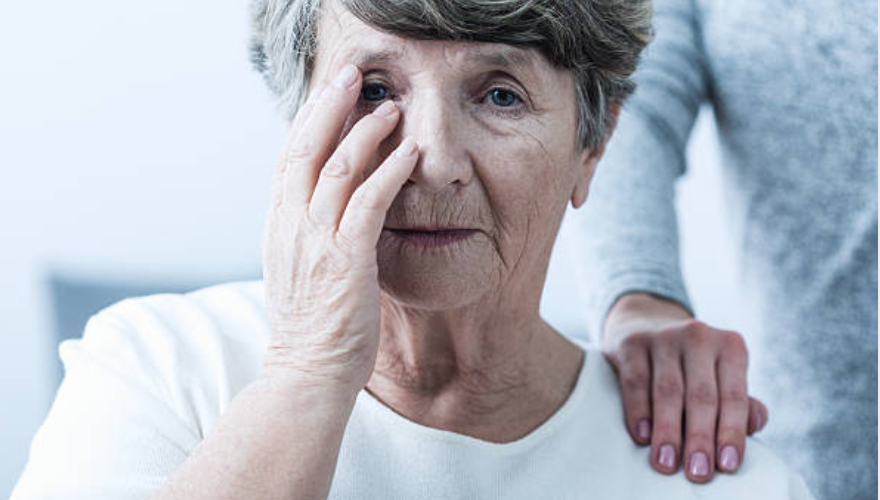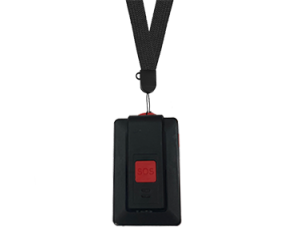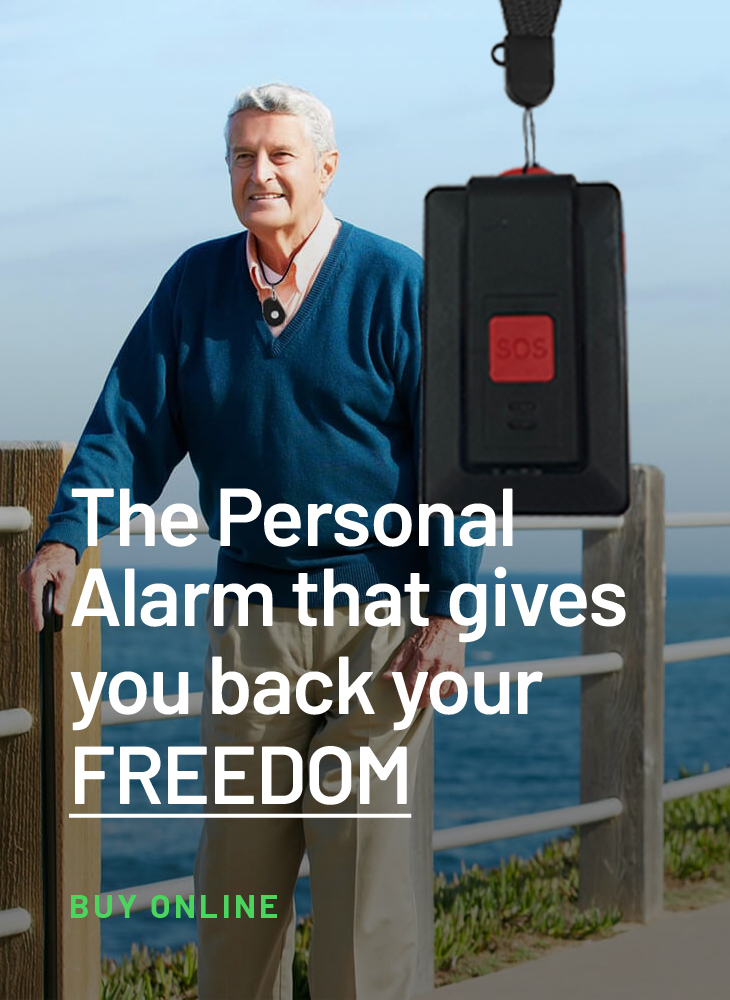A Guide On How Can Personal Alarms & Gadgets Help Dementia Patients
Why do you need wandering alarms for dementia patients? Trying to take care of your loved ones suffering from dementia requires a steady touch and a lot of patience. Your loved one’s success depends on your ability to provide a safe and supportive atmosphere for them. The care of such patients might be complex.
There is a lot on the line. It is a difficult job since it seems like you have to plan ahead of time for anything that may go wrong to protect your loved one. The undertaking might be complex, but technological, like the emergency call button for elderly aids, make your crucial task easier. When other caregivers share their tools and techniques, it is reassuring to hear what is working for them and what is not. Here you will also know why you need emergency pendants for the elderly.
Using a GPS Tracking Device
One of the most common concerns for caregivers caring for people with dementia is that their loved one may walk off, and a wearable GPS elderly fall alarm monitoring gadget can alleviate some of that stress. When patients and caregivers get acclimated to regularly using the tracking devices for dementia patients in Australia, it may be a considerable comfort.
It’s a Timekeeper!
You may aid your loved ones by providing them with big wandering alarms for dementia that show the current time and the date, month, and year.
The elderly couple’s digital device’s crucial aspects remind them of an elderly couple, which might be reassuring. As a caregiver, it may save you time and offer your loved one personal alarms for the elderly in Australia by alleviating the need to answer the same questions repeatedly.
Friend Phone!
Like tracking devices for dementia patients, devices allow people to put up photos of loved ones, including family members and caretakers. Then, when your loved one sees the image, they may tap it to dial that contact’s number.
Dementia patients and their carers benefit from having an essential strategy like a personal medical alarm in place in an emergency. Using this method, they will be able to locate the people they need quickly. In addition, it is an easy way to stay in contact.
Motion-Activated Lighting!
Reduce the risk of tripping and falling in the house with motion-activated lights. Please place them in public toilets, lobbies, and stairwells to make them more visible and safer.
Constructing A Smart Home!
Why do you need a fall detector pendant? An increasingly popular and valuable alternative for those taking care of elderly relatives who live in various places is the use of smart homes.
When an intelligent home is activated, family members may monitor their loved one’s wake-up time, when they leave home, when they take their prescriptions, and whether the doors are closed. In addition, it opens up the possibility of providing care for a loved one when they are still living a considerable distance away.
Guide to Living Healthily!
The ultimate guide to making your home safe and Secure gives valuable advice and ideas on how to protect the safety and security of your loved one. You may use the alarm pendants for the elderly in Australia to help you prepare, prioritise, and nurture a sense of peace of mind.
Finally,
Personal alarm for dementia patients is little wearing pendants or timepieces that an older adult may use to call for assistance if they stumble, get lost, feel ill, or have any other issue. Depending on the situation, pressing the personal alarms for the elderly in Australia can either set off an alarm to inform individuals in the same residence or link the user to an on-call monitoring team.
Elderly alarms might be a good first step in helping your loved ones maintain their independence and safety at home. Devices may be set up in minutes thanks to step-by-by-step instructions and dedicated support staff.




